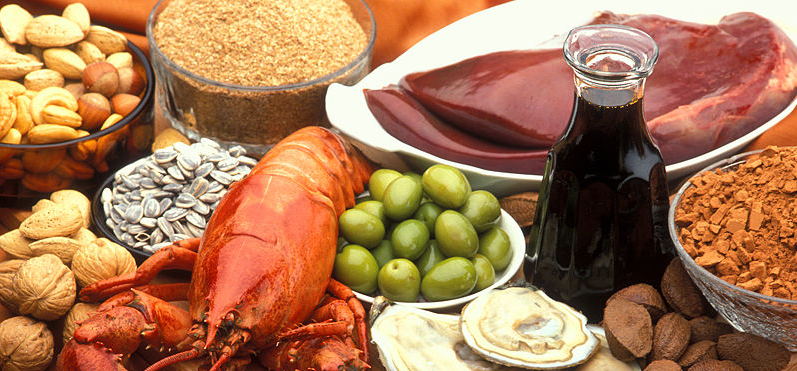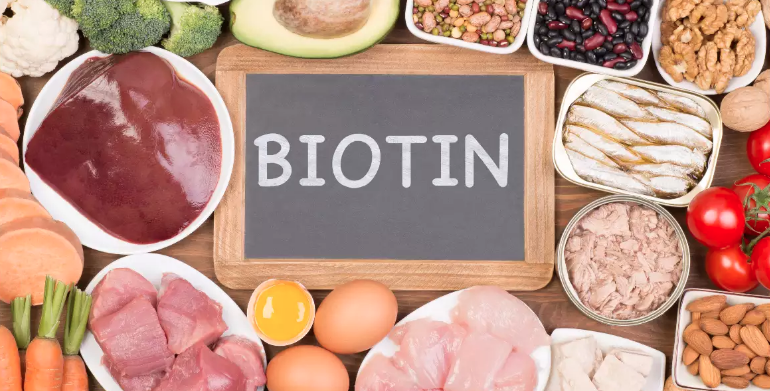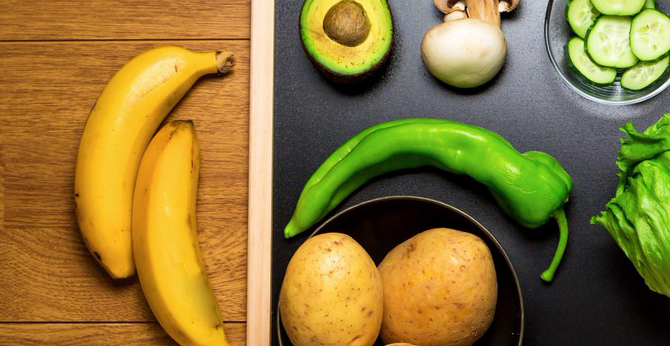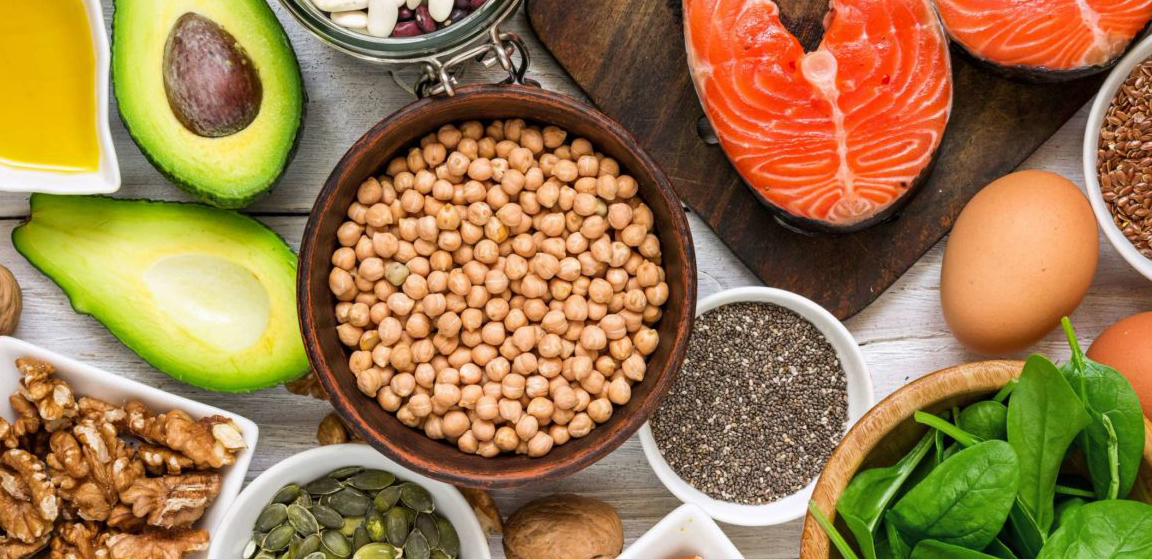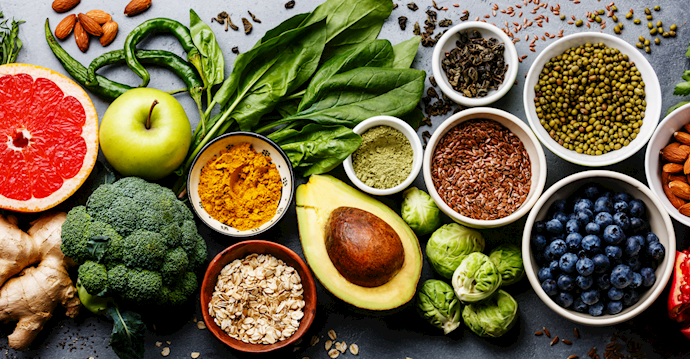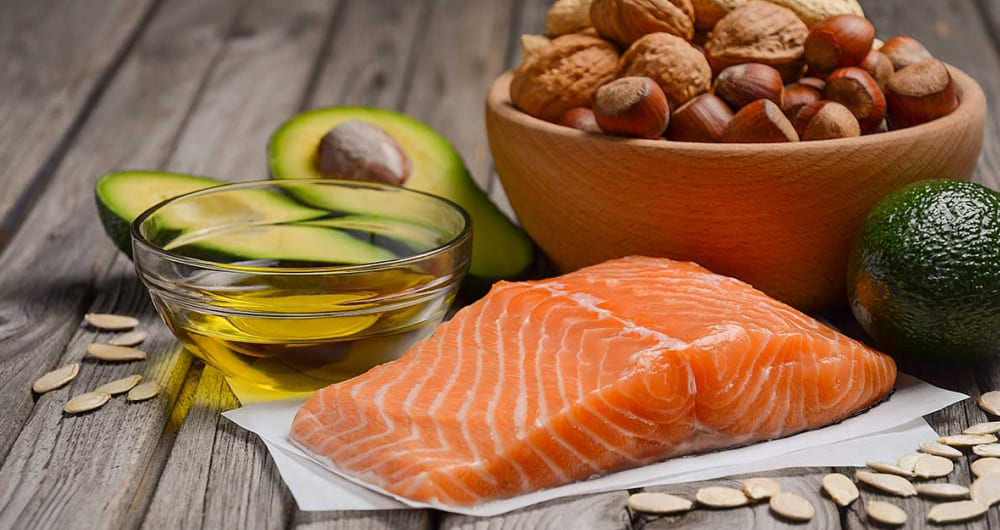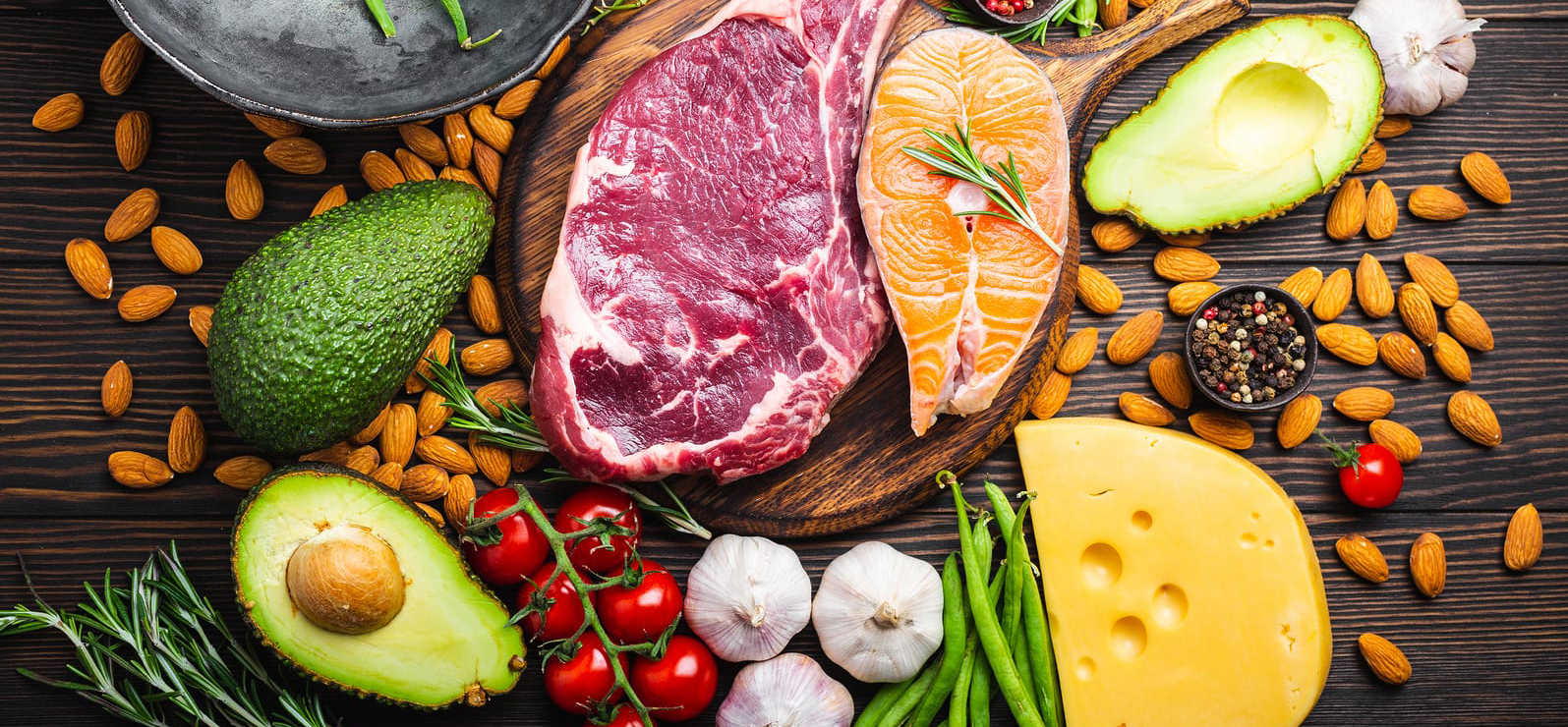Although vitamin D is a fat-soluble vitamin, and it’s a hormone, too (1). It plays a crucial role in bone health and many important body functions (2, 3). Vitamin D deficiency is common in the United States, although not in the most severe forms (4). Severe vitamin D deficiency often leads to rickets in children, for example (5). Another symptom of vitamin D deficiency that’s more common is developing Chron’s disease or celiac disease (6).
On the other hand, vitamin D insufficiency is extremely common, affecting nearly 50 percent of the population (7, 8). Insufficient levels of vitamin D leads to an increased risk of the flu, and many other common health issues (9, 10). Several studies show those with low vitamin D levels are more prone to developing influenza (11). That’s because vitamin D shows a clear determination in the health of the immune system and many functions in the body (12, 13).
There are two types of vitamin D, D2, and D3 (14). Vitamin D2 is in some foods, but vitamin D3 requires absorption from the sun or supplements (15). The best source of vitamin D3 is through the sun (16). It’s very uncommon for those with regular sunlight exposure to be deficient in vitamin D3 (17).
Summary: Vitamin D is a fat-soluble vitamin and important hormone. It plays a critical role in bone health and many other important body functions. It has two types: D2 and D3. D2 is found in some foods, and D3 requires absorption from sun.
Table of Contents
Foods high in Vitamin D
Here is a list of foods high in vitamin D. Try to start adding them to your diet now.
1. Some Fish
Salmon, sardines, tuna, and trout all contain vitamin D2 (18, 19). All these fish are extremely healthy to include in your diet, even daily. The only thing to avoid daily is tuna. Tuna is extremely high in mercury, so it’s best to avoid it regularly (20). Salmon, sardines, and trout are a healthy part of a daily routine. Switch them up to get the most from them nutritionally.
Trout and salmon are the second-highest healthy fish full of vitamin D2. The next best source of vitamin D2 is sardines and lastly, tuna. Tuna contains the least, with 1 mcg per 3 ounces. All these fish are healthy options to include in your daily diet. Vary them to get the most for your nutritional needs.
Fish is full of heart-healthy beneficial omega-3 fatty acids (21), which are necessary for optimal health. Omega-3 fatty acids promote healing by reducing inflammation in the body (22). This helps prevent many chronic diseases including heart disease, diabetes, high blood pressure, obesity, and more (23, 24). Although inflammation is a normal process in the body (25), it’s necessary to get the proper defenses so the body can repair itself.
Summary: Fish is full of vitamin D2 and heart-healthy omega-3 fatty acids. It is helpful to reduce inflammation and prevent development of heart disease, diabetes, high blood pressure, obesity, and much more. Eat salmon, sardines, tuna, and trout often. Due to higher mercury levels, tuna should not be eaten daily.
2. Mushrooms
Mushrooms are a great way to get more vitamin D2 into your diet. Fresh mushrooms exposed to sunlight are an excellent source of vitamin D2 (26). White button mushrooms contain 9.2 mcg in just half a cup, which makes up 46 percent of the daily recommended requirement.
Other healthy mushrooms that include the most vitamin D2 when exposed to sunlight include shitake mushrooms and oyster mushrooms (27). When mushrooms are exposed to UV light, a chemical reaction occurs, making them produce a natural source of vitamin D2 (28).
Mushrooms are easy to add to many recipes. They make a wonderful plant-based meat alternative in pasta dishes due to their hearty texture. They also go well in stir-fries, omelets, vegetable medleys, and more.
Mushrooms, in general, are extremely healthy overall. They have beneficial amounts of B vitamins, selenium, copper, zinc, and potassium (29, 30). There are also other types of mushrooms extremely beneficial for brain health, endurance, reducing stress levels, and boosting the immune system (31). These include reishi, lion’s mane, and cordyceps mushrooms. These are harder to find in grocery stores, but they are in many teas, supplements, and powders.
Summary: Mushrooms are extremely nutritious. They contain vitamin D2, B vitamins, selenium, copper, zinc, and potassium. They help with brain health, endurance, reducing stress, and boosting immunity. White button mushrooms contain 9.2 mcg in a half cup serving, or 46% of the daily recommended requirement. Add to stir-fry, scrambled eggs, and much more.
3. Eggs
Egg yolks are a great source of vitamin D2 and nutrition (32). Egg whites are a recurring health fad, but they contain nearly no nutrition other than protein. The egg whites are extremely low in most nutritional elements (33). Egg yolks, on the other hand, contain a whole bunch of essential nutrition (34).
Egg yolks contain 1.1 mcg of vitamin D2 in one egg. They contain vitamins A, E, K, B12, folate, and heart-healthy omega-3 fatty acids (35). They also contain lutein, which is essential and helpful for promoting eye health (36). Egg yolks even have tryptophan, tyrosine, and other amino acids, which help to balance and restore healthy sleep, generate normal hormone processes in the body, and much more (37, 38).
Bottom line, don’t toss the egg yolks aside. They’re the nutrition powerhouse of the egg. Contrary to what many believe, egg yolks won’t make you gain extra weight. If you maintain healthy, balanced diet rich in protein, healthy fats, and essential amino acids, weight issues will be a thing of the past. No more than one to two eggs are necessary at a time. Make sure to control portion sizes well. Then, enjoy the tasty entirety of the egg at any time of the day.
Summary: Eggs are a great source of vitamin D2, A, E, K, B12, folate, omega-3 fatty acids, and lutein. Make sure to eat the entire egg, the yolks contain all the essential nutrients. Egg yolks have 1.1 mcg of vitamin D2 per egg. Eggs are also high in amino acids which are helpful for better sleep and normal hormone processes.
4. Fortified Foods
All types of milk including soy, almond, oat, and even cow’s milk come fortified with vitamin D2 (39). Different kinds of milk generally come fortified with about the same amount of vitamin D2. Orange juice and oatmeal are other examples of fortified foods with vitamin D2 (40, 41). This can be the only option for those who follow a strict vegetarian or vegan option without any animal-based products.
Try to do your best to avoid milk with added hormones, such as rBST, which can negatively affect hormone health (41). Also, do your best to avoid fortified foods filled with artificial ingredients, added sugar, and chemical food dyes. Food dyes such as yellow dye 5 or 6, red dye number 40, etc., are banned in many countries because they are a human carcinogen (42). In low amounts, they likely will not harm. But they can contribute to ADHD, behavior issues, and more in larger quantities (43).
Summary: All milk types including cow’s milk, soy, almond, or oat milk, as well as orange juice and oatmeal, are generally fortified with vitamin D2. Avoid milk with added hormones, such as rBST, which can affect hormone health. Also avoid fortified foods with artificial ingredients, added sugar, or chemical food dyes.
5. Cod Liver Oil
Cod liver oil contains the most (44). One tablespoon of cod liver oil contains 34 mcg of vitamin D2, which is 170 percent of the daily recommended allowance. Cod liver oil is extremely healthy to include as a supplement to a daily routine.
It’s also high in vitamin A and omega-3 fatty acids, which makes it a powerful anti-inflammatory supplement (45). Cod liver oil can improve eye health, decrease the risk of heart disease, improve bone health, and even lower the risk of depression and anxiety (46, 47, 48). Fish and cod liver oil are naturally calming foods because they are naturally high in omega-3 fatty acids (49). Cod liver oil is an excellent source of both EPA and DHA omega-3 fatty acids (50). Both are necessary for optimal functioning in the body, especially as we age.
The taste of cod liver oil may dissuade some but there are plenty of options now to enjoy the benefits without the taste. Many cod liver oils come flavored with lemon or you can buy them in capsules where there is no taste whatsoever. Adding in some code liver oil however, works for you is a great way to reduce inflammation throughout the body.
Summary: Cod liver oil has 34 mcg of vitamin D2, or 170% of the daily recommended allowance. It is extremely nutritious and contains high vitamin A and omega-3 fatty acids. It is used to improve inflammation, eye health, bone health, and lower risk of depression, anxiety, and heart disease. For a better taste, purchase cod liver oil flavored with lemon or take as a supplement if needed.
6. Beef Liver
The liver in beef is full of beneficial nutrients necessary for human health, and vitamin D2 is one of them (51). Beef liver is a great way to get in many extra nutrients in your diet. Try adding liver to your favorite meals or making a new dish entirely. The liver goes well with peppers, onions, rice, plantains, and even makes a tasty stew.
The liver has a specific flavor and texture compared to other sections of meat. It’s also very high in vitamin A, B-complex vitamins, like folate and vitamin B6, iron, zinc, and more (52, 53). There’s good news if you usually pass on the beef liver. Grass-fed beef liver jerky has the same vitamins and minerals, without experiencing the taste or texture of traditional liver.
The beef liver does not have to be a part of your daily routine, either. You can mix it up into your diet and eat it once a month if that works well for you. The health benefits it gives from even that much are worth it.
Summary: Beef liver is highly nutritious and contains vitamin D2, A, B-complex, iron, zinc, and so much more. It pairs well with peppers, onions, rice, and plantains. Grass-fed beef liver jerky is also a nutritious choice that has a pleasant taste and texture.
Conclusion
While boosting foods high in vitamin D2 is beneficial and necessary for your health, it’s also important to get into the sun. If you can’t get into the sun, speak to your doctor to see if you need a supplement. Vitamin D deficiency can lead to common chronic health issues as well as severe diseases (54).
Keep in mind that few foods in nature contain a lot of vitamin D2. The most optimal way to get more vitamin D into your diet is to vary these types of food as much as you can. That way, you get more nutritional properties from each, including phytonutrients and extra vitamins and minerals. Make sure you get the right amount of vitamin D2 and D3 from your diet and lifestyle.






